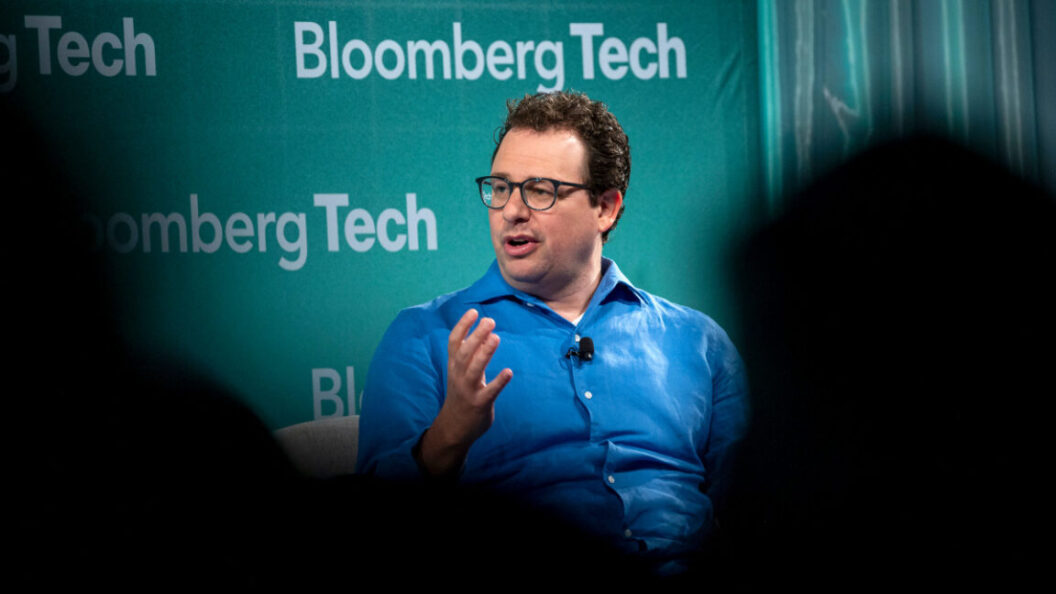Anthropic CEO Advocates for AI Regulation Over Proposed Moratorium
In a recent opinion piece published in the New York Times, Dario Amodei, CEO of Anthropic, has voiced strong opposition to a proposed 10-year moratorium on state regulation of artificial intelligence (AI). With Congress considering this measure, which is linked to President Trump’s tax policy bill, Amodei warns that such a freeze is both shortsighted and overly broad, potentially stalling necessary governance in a rapidly evolving technological landscape.
Fast-Paced Developments in AI
Amodei highlighted the rapid advancements in AI technology, predicting that these systems "could change the world, fundamentally, within two years; in 10 years, all bets are off." His assessment points to the urgency of developing comprehensive regulations that can adapt to the pace of innovation rather than sidelining state laws aimed at managing AI risks.
The moratorium would prevent states from enacting any AI-related regulations for a decade, directly impacting laws already established in numerous states. A bipartisan coalition of state attorneys general has expressed serious concerns about the implications of such a ban, viewing it as an impediment to tailored local regulation aimed at addressing specific risks.
A Call for Federal Standards
Amodei contends that the intention behind the moratorium—avoiding a patchwork of state regulations—while understandable, is misguided. He articulates a more nuanced approach, proposing that federal transparency standards be established. This framework would require AI developers, particularly those creating frontier technologies, to publicly disclose their testing protocols and safety measures.
In his piece, Amodei argued, "Without a clear plan for a federal response, a moratorium would give us the worst of both worlds—no ability for states to act and no national policy as a backstop." By proposing that AI companies publish safety policies on their websites, he aims to foster accountability and promote trust in the burgeoning technology sector.
AI’s Transformative Potential
Amodei underscores the transformative potential of AI, suggesting it could usher in unprecedented economic growth, enhancing quality of life globally. He cited remarkable instances where AI has already revolutionized practices in fields such as healthcare, where AI can quickly draft clinical study reports or detect medical issues that might otherwise go unnoticed.
Despite these optimistic predictions, some skeptics question the extent of AI’s benefits, arguing that the hype surrounding its capabilities may be overstated. This skepticism underscores the complex landscape surrounding AI development, where the balance between innovation and regulation remains a contentious issue.
The Broader Implications
The discourse sparked by Amodei’s op-ed reflects a pivotal moment in AI regulation, revealing a deep divide between those who advocate for a hands-off approach to innovation and those pressing for immediate regulatory frameworks. The push back against the moratorium is indicative of broader concerns regarding safety, ethics, and geopolitical competitiveness, especially in relation to China, which is investing heavily in AI technologies.
As AI continues to evolve rapidly, the conversations around governance, transparency, and innovation will likely shape the future landscape of technology and its integration into society. The outcome of this debate could not only influence American tech policy but also set a precedent for international regulations in AI development.
In conclusion, Amodei’s call for a more balanced regulatory framework highlights the need for proactive measures in governing technology that is reshaping industries and society at large. The discourse around the AI moratorium serves as a crucial reminder of the challenges and responsibilities that accompany rapid technological advancements.









